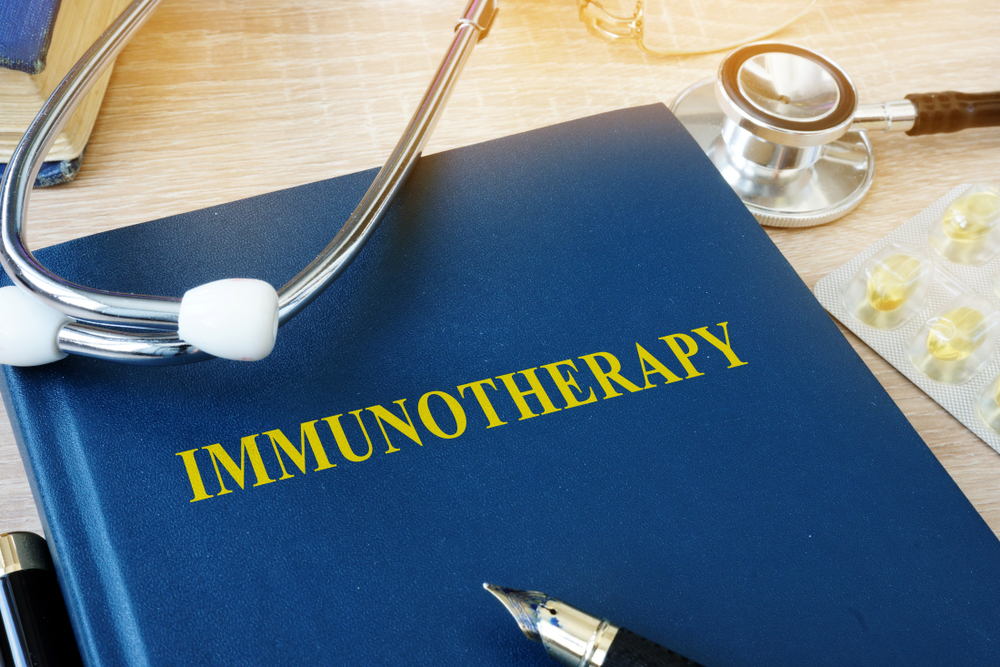
The push for convalescent plasma and hyperimmune globulin immunotherapies to use against COVID-19 continues at the federal level, with the U.S. Department of Health and Human Services (HHS) touting collaboration with non-governmental entities to see it done.
These immunotherapies could potentially work by using antibodies against SARS-CoV-2 — the virus that causes COVID-19. Those antibodies could be taken from the blood of COVID-19 survivors, to stimulate reactions from the immune systems of those still fighting it off. The American Red Cross, Emergent BioSolutions, Grifols USA, and SAb Biotherapeutics, Inc. will all assist in this endeavor, working alongside the Biomedical Advanced Research and Development Authority (BARDA).
“We are working with partners across the federal government and private industry to make safe and effective treatments available as soon as possible in this pandemic,” BARDA Director Rick Bright said. “Together, we are hyper focused on a single goal, to save lives.”
While no COVID-19 treatments have been approved by the U.S. Food and Drug Administration yet, investigational use is being allowed, so convalescent plasma would be collected from blood donations by people who have recovered from COVID-19. Hyperimmune globulin is a more concentrated product, developed from the antibodies contained within that plasma.
The Red Cross will collect, store, and distribute the plasma. Emergent will take donated plasma and use a hyperimmune platform initially made to treat anthrax as a way to develop and manufacture COVID-19 hyperimmune globulin. Grifols will also collect plasma through more than 250 donor centers, then use it to produce both convalescent plasma and hyperimmune globulin, for use in controlled clinical trials. SAb has been tapped to develop a unique immunotherapy to produce human antibodies without donated blood.
Presently, cooperation with SAb will continue through manufacturing and preclinical studies. BARDA could support a Phase 1 clinical trial on humans if all goes well. For Emergent, work will also include future clinical trials to evaluate its globulin’s use in treating patients with COVID-19.




